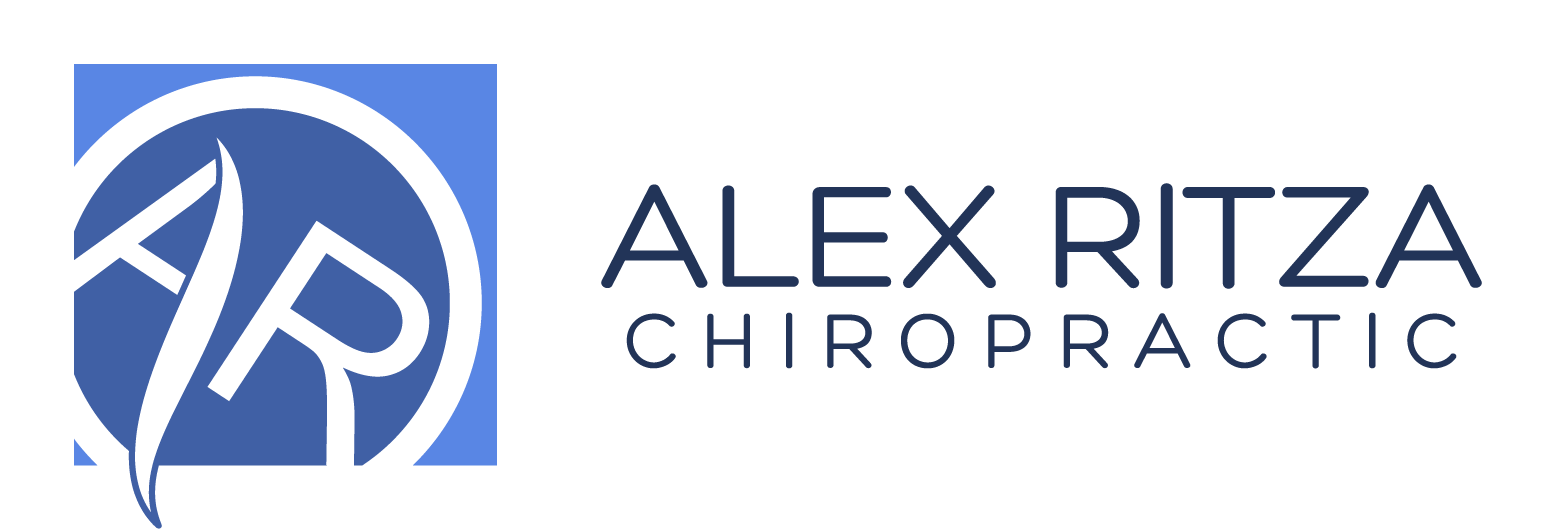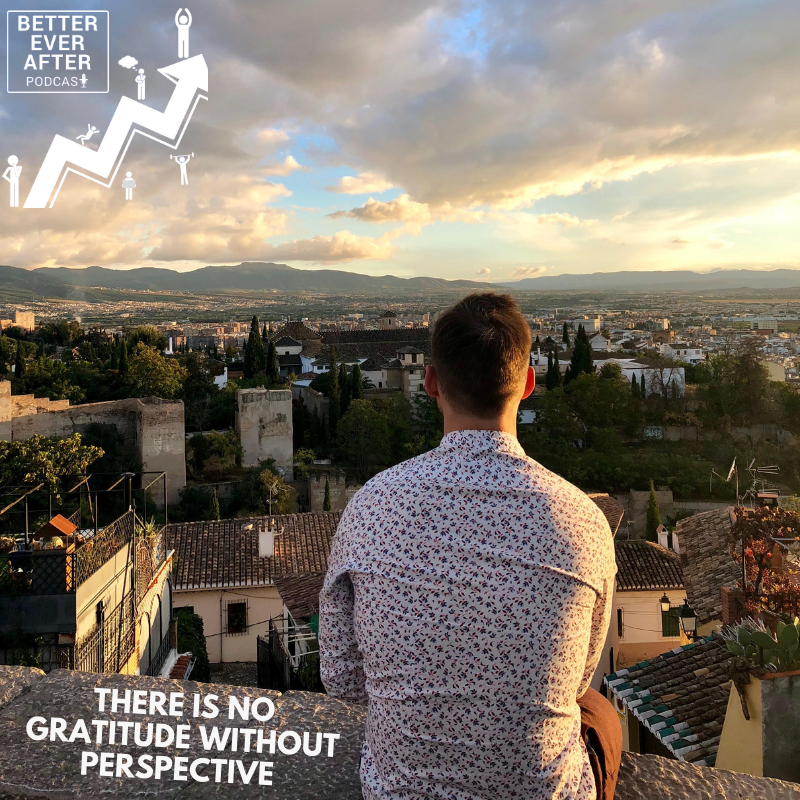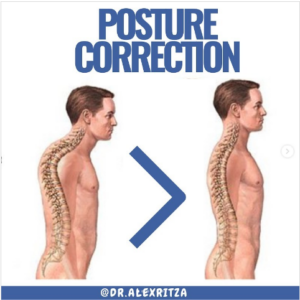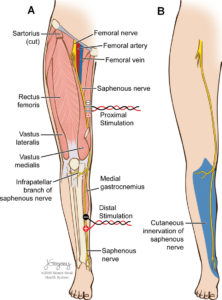From Ep.018 of The Better Ever After Podcast
How I am hoping that this blog is going to help you is by adding a small pause to your day where you step outside of your body and take a broader perspective.
What I hope it might help you with is getting out of a funk, starting your day off right or simply adding a deep sigh of gratitude and a smile to your day.
The problem I hope to address is the tendency that I all think we have of becoming hyper-focused on our own lives, problems, and the world we view through the two cameras in our skull.
It truly amazes me to contemplate that everything in the universe, or at least here on planet Earth, only exists in relation to us. We have to see, hear, touch or use one of our senses to be aware that something exists. We are inundated with sensations and our body and nervous system has to interrupt not just what is going on but more importantly how it relates to and impacts us. Some biologists have gone as far to argue that for the purpose of survival, everything, including altruism, is all about us. While it might not be to this extreme, we of course tend are focused on us first because it is the primary point of view. It is our immediate perspective.
As a result, it is easy to get stuck thinking that our problems are either larger than they objectively are or are insurmountable. Worst off, we might tend to make problems out of things that we shouldn’t in the first place. You know, #firstworldproblems
Your problems are of course your problems and who is anyone to tell you that they are not challenges. Paying rent, raising kids, caring for a sick loved one, a conflict with a colleague; these certainly can all be problematic or at least challenging.
But, it is the things that our grandparents or a Rohingya refugee would kill to have as problems that I think we all could benefit from gaining a better perspective on. Even for the worst things in our lives, perspective might be the difference between it being insurmountable and just a hurdle.
So, whatever challenges you feel like you are facing, there are productive ways to deal with challenges and there are unproductive ways.
The one I want you to consider and that I think that is the key to overcoming “insurmountable challenges” and petty problems alike, which are impeding you from being happy, is to put them in perspective. Because finding a perspective that is different than yours is not only going to make you happier, it is the stepping stone to gratitude and empathy.
When we have a problem in our lives, it is so easy to get stuck will tunnel vision that can make the said problem greater than it objectively is. But it is hard to be objective when it is your problem and you do not have someone else’s perspective readily available in your brain.
The funniest example I can think of is having a zit. Maybe you have had this experience as I have had and if not then I am envious. Because if you have a big zit on your face than the zit can become your entire universe. If you have to go out in public, especially if it is an important social get together like a business meeting or a date, it is easy to become focused on the crater on your face that can turn to obsession with a few hours of tunnel vision; focusing only on this small problem that looms large in your mind.
I can 100% speak from experience on this! I stopped myself from doing or enjoying so many social outing when in university and high school because I was so self-conscious and worried about my face. In hindsight, I was really the only person that cared about it – people care how you make them feel and how you treat them – and it was such small potatoes in the spectrum of life I could have spent less time worrying about.
We do this with so many things in our lives by either making a small problem into a large one or creating ones out of thin air. The human brain is wired to help us survive and as a result, it is always identifying potential problems that could affect us. The challenge is that our prehistoric brain has trouble recognizing a life-threatening issue from one that our culture combined with our predisposition to tunnel vision creates. Our brain can easily escalate our fear to meeting a social norm like fashion or appearance to the same level of some actual threat like a lack of shelter or food. Our brain is not good at creating perspective because your problems are your problems and it doesn’t care about other people’s protection as much as your own.
But this is where we need to interrupt our evolution inspired wiring and rewrite it. Taking a moment to stop, step back and gain perspective on any problem, big or small, is going to help you handle it with a better mindset and maybe even identify if it is something you should ever be worrying about.
For everyone, how you put things in perspective is going to be different and will depend on those things that are most valuable in your life.
For me, I always am brought back to a couple of perspectives.
I think about how I had a grandparent that spent her teenage years in a concentration camp and what her family’s life must have been like during and after that time. Talk about putting a zit in perspective.
I think about things that are going on around the world and how relatively privileged I am to live in a safe and relatively prosperous country.
I also just think about all the theses I have in my life that I can take for granted by comparing it to what it would look like for others that don’t.
I think about the health and safety of my family, what it would look like if they were not and how next to that, not much else matters.
When I put things into these perspectives, I get a better sense if the problem in my life is actually one, and if it is, where does it fit on the scale. The goal isn’t to pretend that something isn’t a problem but to zoom out from the tunnel vision on the metaphorical zit and see just how big it is.
I love the German word schadenfreude because really I love any word that another culture has that we don’t. It means taking pleasure or having self-satisfaction in other peoples misery. It is the compound of Schaden ‘damage, harm’ and Freude ‘ joy’. Comparing your own situation to the plight of others is not inherently schadenfreueden. I think that instead, it is an incredible opportunity to create empathy and gratitude; empathy from the imagined understanding of what others experience and gratitude for what you have. It might even be gratitude for the absence of their plight.
There is a distinct difference between feeling joy that others are miserable and the understanding and empathy that perspective creates.
I think we have all had these moments where you are having a bad day or have a problem in your life and a conversation or piece of news stops you in your tracks. You get perspective of your problem and sometimes realize it is not worth that emotional energy you had focused on it. There are moments like these when you hear about a co-worker’s sick kid, or experiences, like say when you realize what true poverty is when you are in a developing country, that force you to adopt a different perspective.
What I think benefits my life, and might do the same for yours, is forcing myself to do this more regularly.
Because there is, unfortunately, no automatic stop that our brain creates for us to do this. We have to actively practice having a perspective of our lives and the relativity of problems within it. For me, traveling, reading good quality and worldly new sources, watching movies and documentaries, and of course reading, are ways that give me more perspective of where my problems sit in the grand scheme of life. The key is, of course, to stop, take a breath, be conscious and step outside of oneself to regain that perspective every once in a while to make sure you know where you sit.
Before you can be grateful for what you have, I think you have to know where you stand – it takes perspective. It is tough to be grateful for some random rock that you pass on your walk but when you have traveled and been to places where you can’t drink the tap water, small things you normally take for granted fall into perspective.
And to the point of empathy, a broader perspective leaves space for empathy with the realization that there are challenges you don’t regularly face and contemplate.
So whether it becomes part of your morning routine, where you practice gratitude and perspective or use headlines in the news, I think any opportunity to find greater perspective will not just make you a happier person, but one more capable of making the world a little better.




